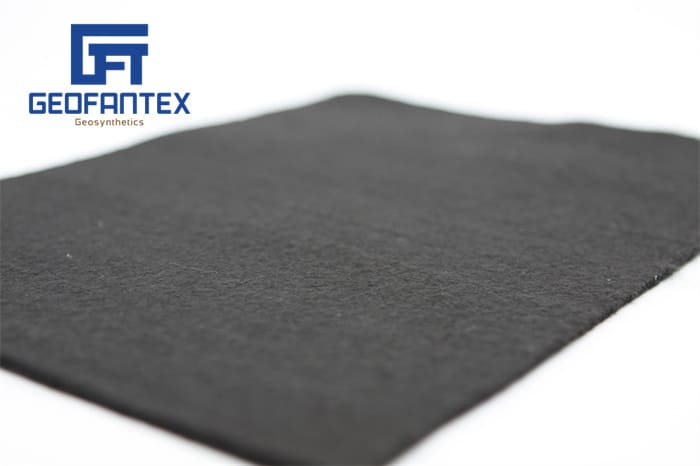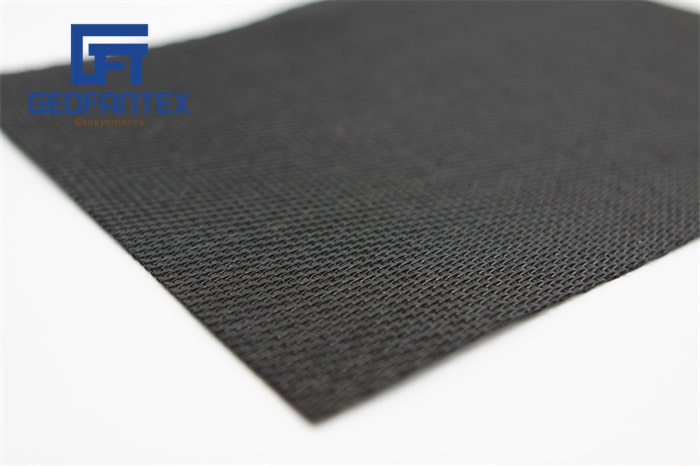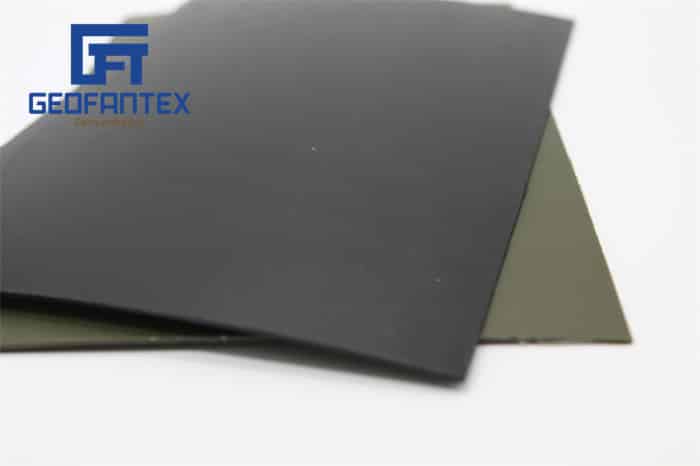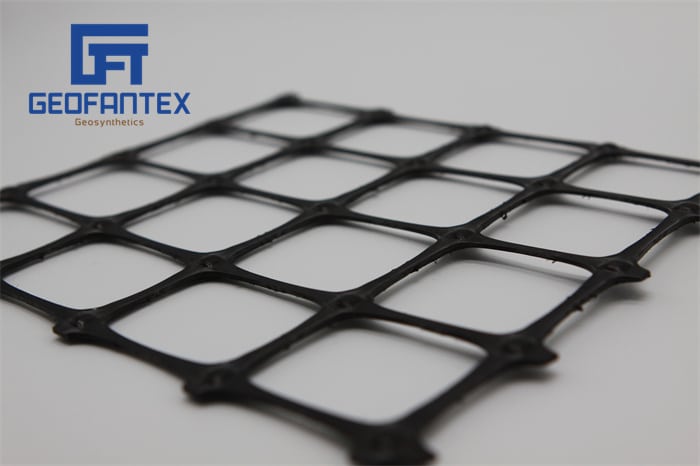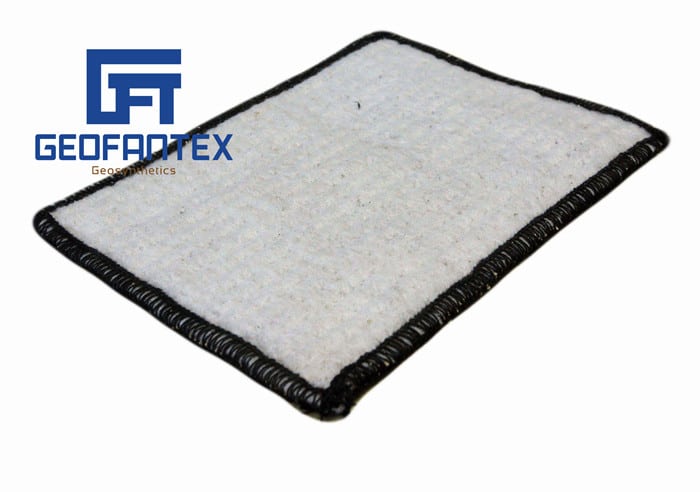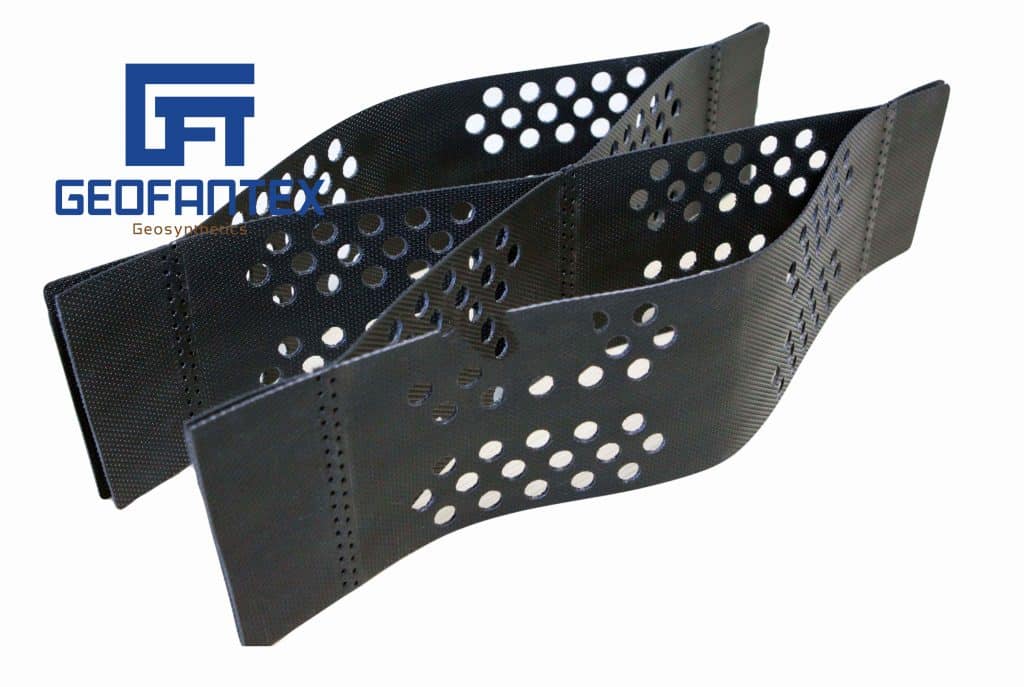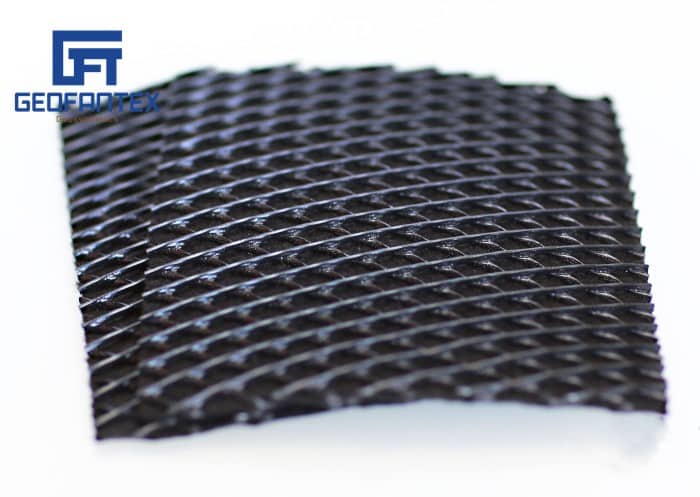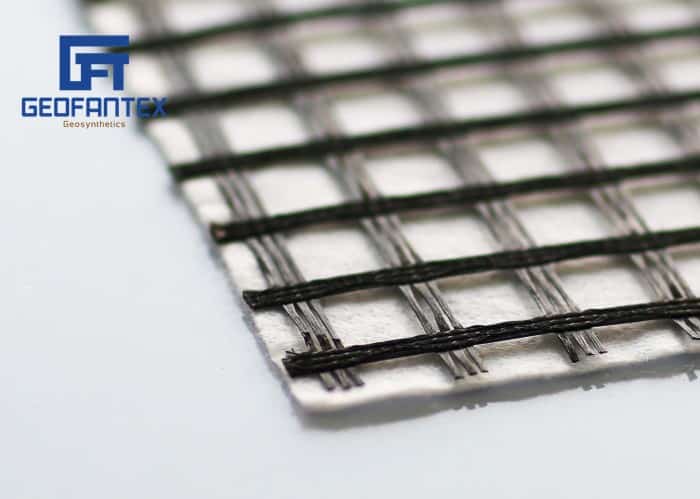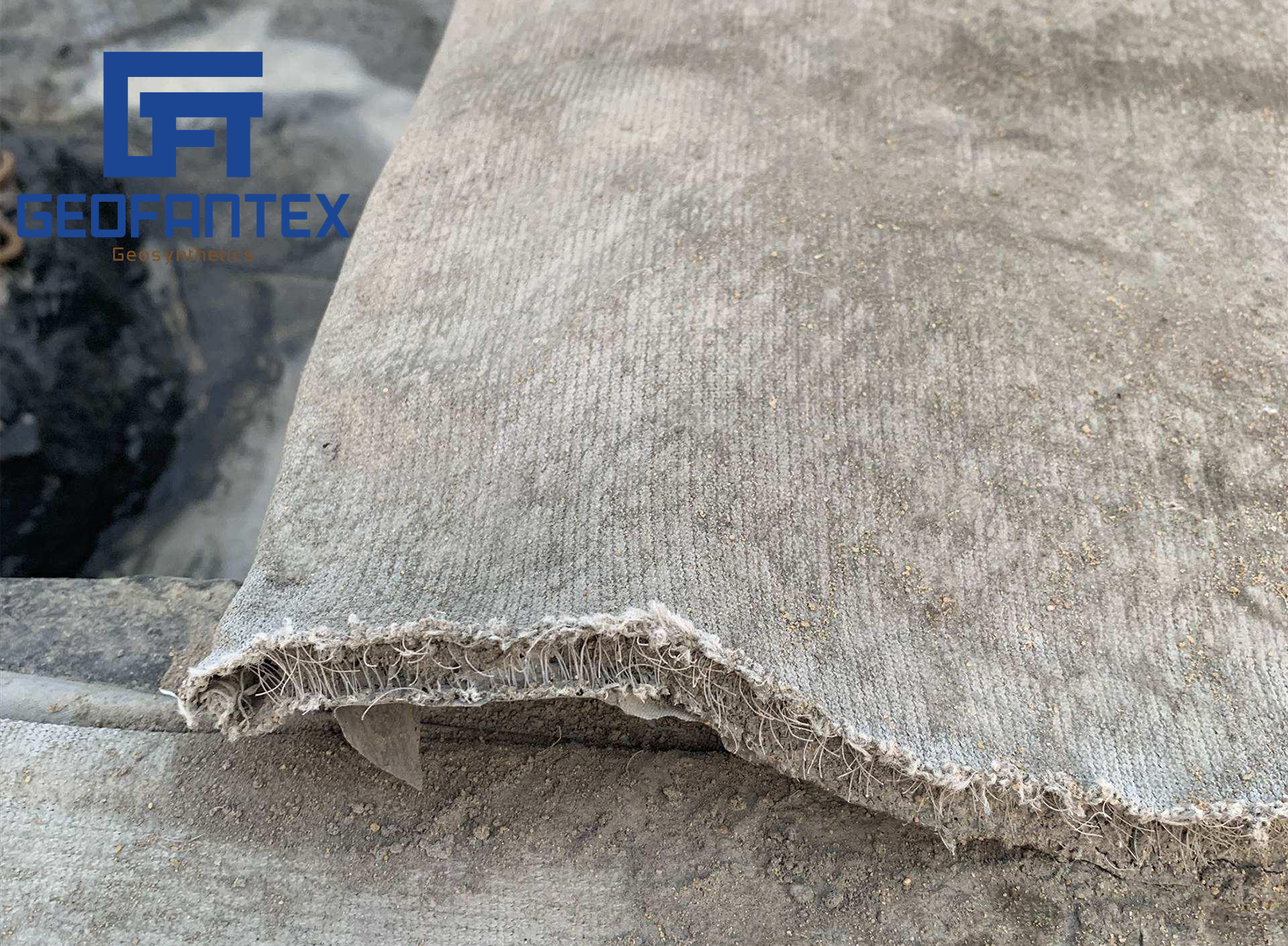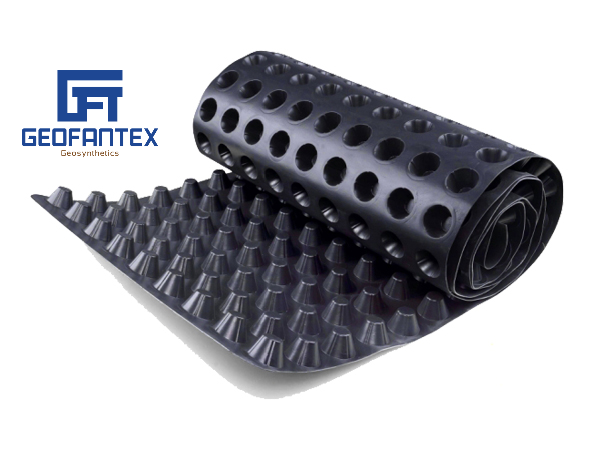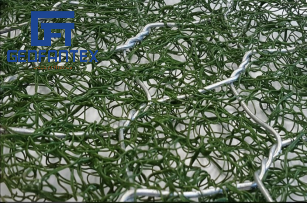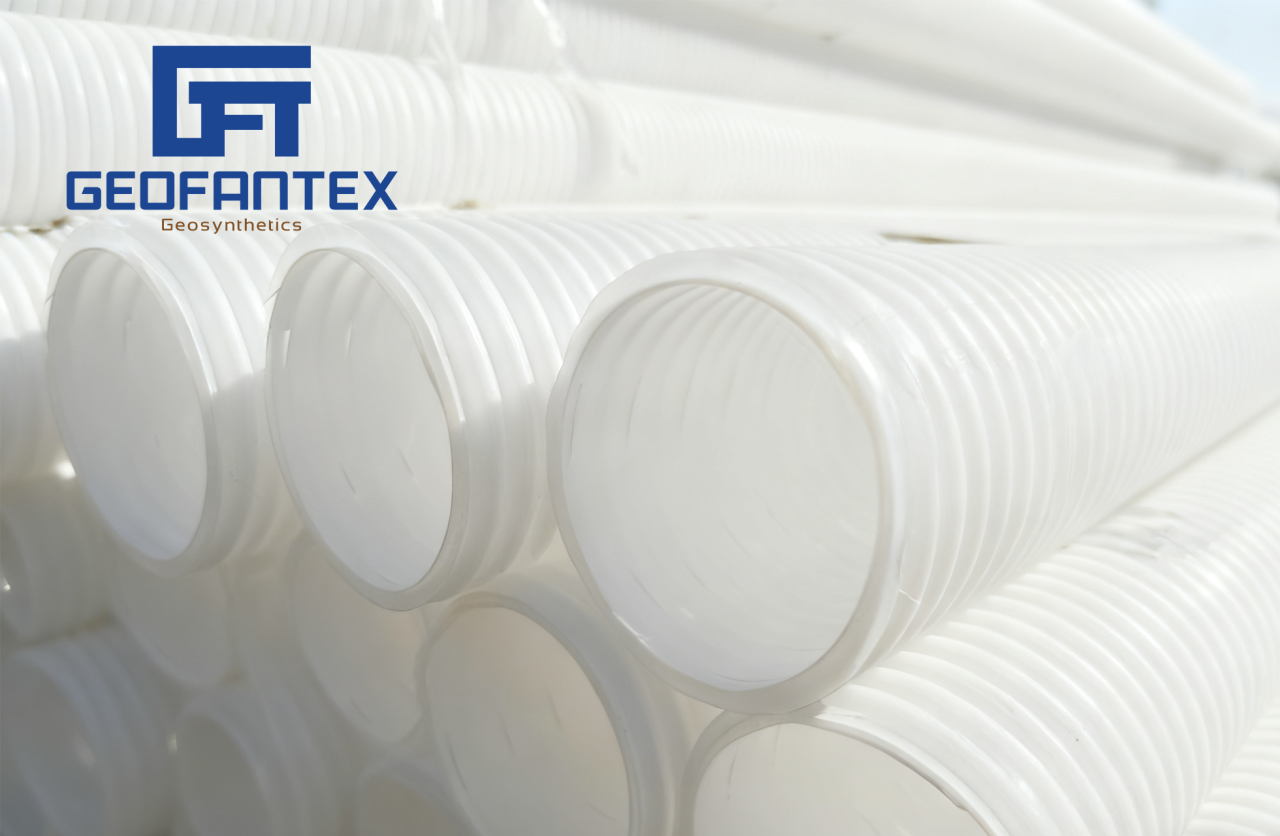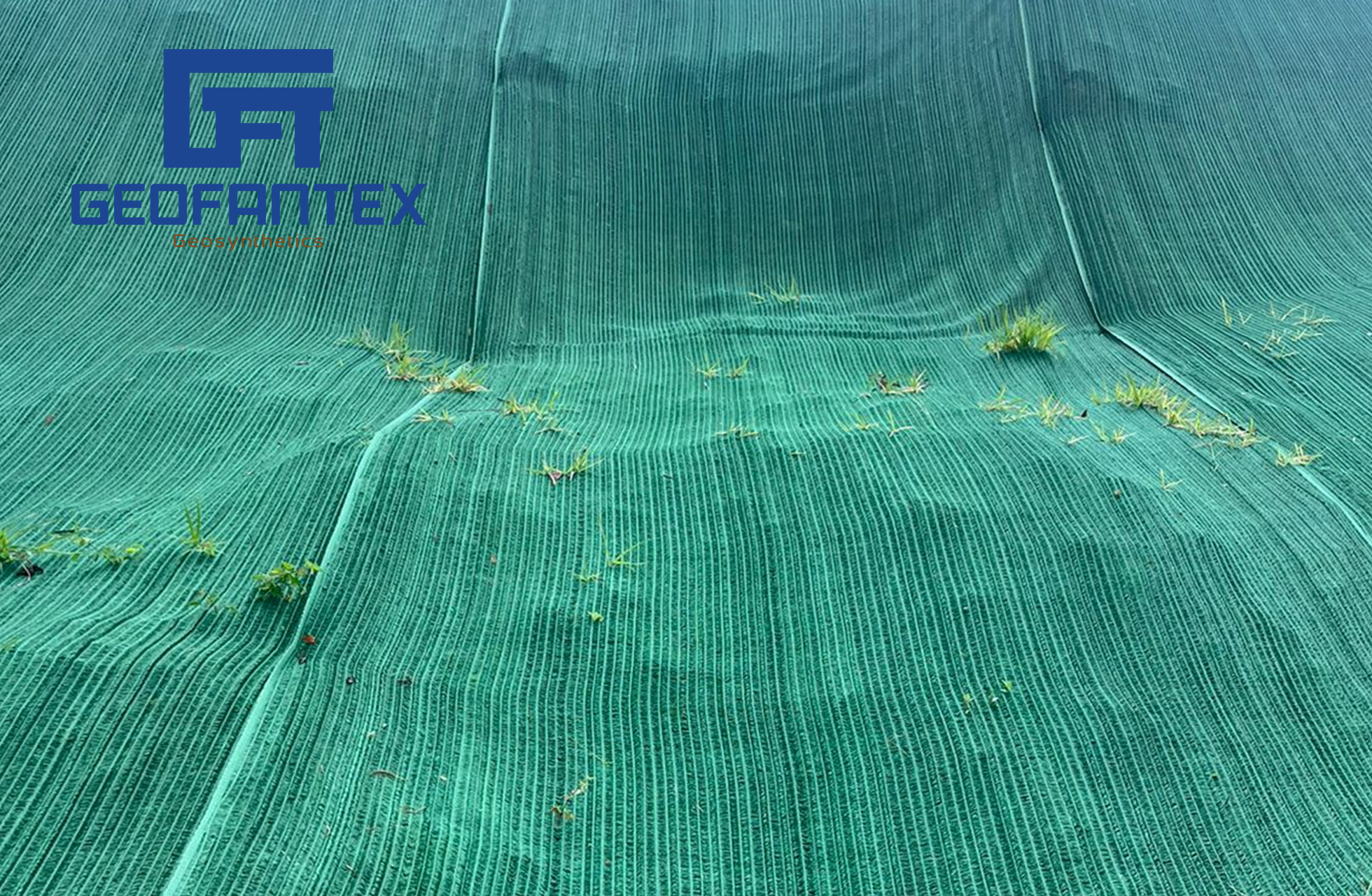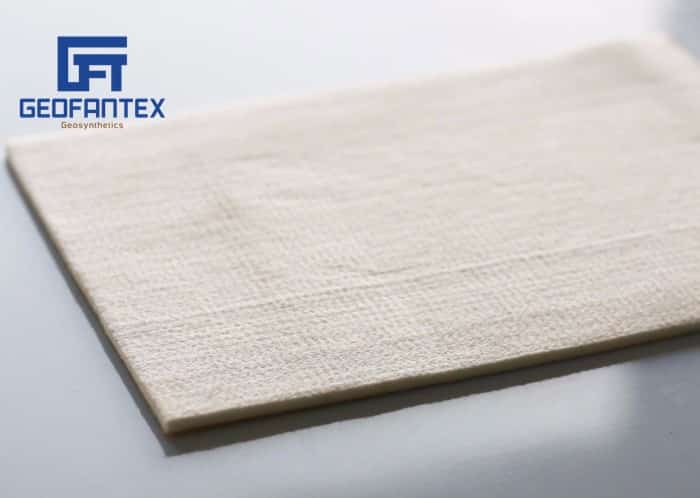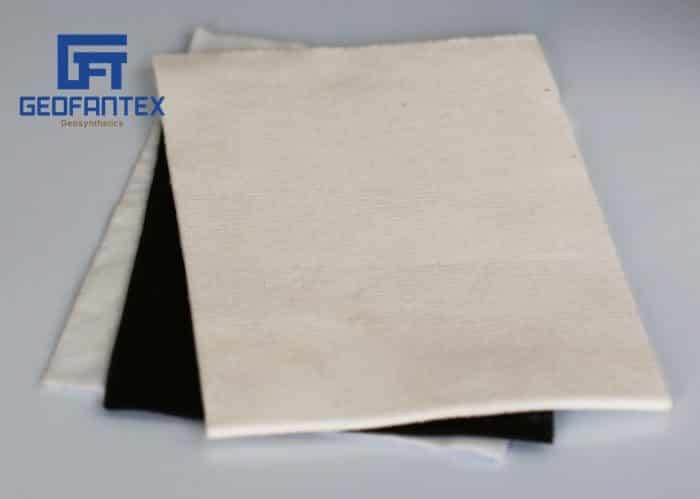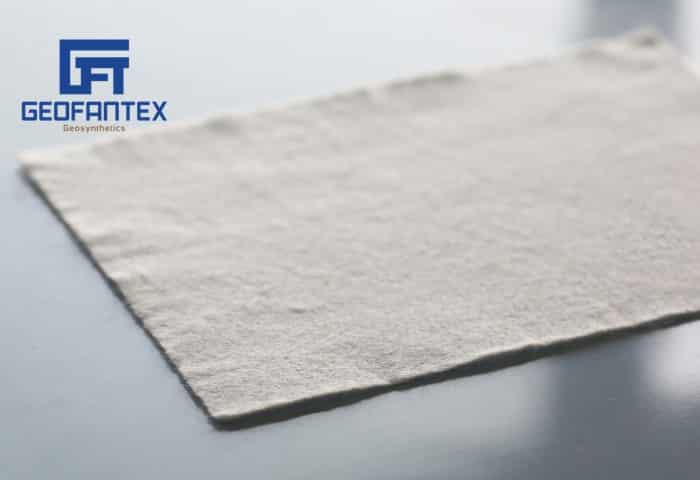+86-159 9860 6917
info@geofantex.com
geofantex@gmail.com
+86-400-8266163-44899
Soil filter fabric, commonly known as nonwoven geotextile, is an engineering marvel widely used in various construction and environmental projects. This versatile material significantly benefits soil stabilization, filtration, and separation processes. By understanding the different types and uses of geotextile fabrics, individuals and industries can make informed decisions to enhance the durability and efficiency of their projects. This article delves into common questions about nonwoven geotextile, providing insights into its multifaceted applications and benefits.
Is geotextile fabric the same as filter fabric?
Yes and no. Geotextile fabric is a broad category that includes any permeable fabric used to improve the soil’s characteristics, prevent erosion, and separate layers. “Filter fabric” is a generic term for geotextiles whose primary function is allowing water to pass while keeping soil fines from migrating through the fabric. Nonwoven geotextile fabric, often used as a soil filter fabric, is particularly effective at this kind of filtration, making it ideal for use in drainage and stabilization projects.

What is non-woven geotextile fabric used for?
Non-woven geotextile fabric is primarily used in filtration, separation, and drainage applications. It is applied in road constructions to separate the subgrade from the aggregate layers, preventing the mixing of different soils and improving the road’s lifespan. Additionally, in landscaping, it is used to protect drainage systems from clogging with sediment. Non-woven geotextiles are also essential in erosion control, where they prevent soil displacement while allowing water to pass through, and in pond or landfill lining projects to protect the integrity of the barriers.
What is the best fabric for rip rap?
The best fabric for use under rip rap, which are large stones placed on shorelines or riverbanks to prevent erosion, is a robust, non-woven geotextile, specifically a needle punch filter fabric. This type of fabric is excellent for such applications because it combines high permeability with excellent soil filtration capabilities. It prevents soil erosion underneath the rip rap while allowing water to pass freely, thus stabilizing the structure against washouts and under-scouring.
What is nonwoven filter fabric?
Nonwoven filter fabric is a specific type of geotextile designed to provide optimal filtration. Consisting of random fiber structures, usually in sheet form, they are used to separate one or more phases from a moving fluid passing through the media. These fabrics are made by bonding fibers together mechanically, chemically, or thermally, rather than weaving them. This process results in a fabric that can retain fine particles while allowing fluids to pass through. Nonwoven filter fabrics are extensively used in civil engineering, agricultural, and environmental projects where water filtration and soil stability are crucial.
Nonwoven geotextile, often referred to as soil filter fabric, plays a pivotal role in construction and environmental protection projects. Its ability to filter and separate makes it an indispensable component in modern engineering. From reinforcing road bases to protecting riverbanks and supporting drainage systems, the diverse applications of nonwoven geotextile highlight its importance in safeguarding and enhancing our infrastructure. Understanding its functions and benefits allows for the optimal use of this innovative material, ensuring the longevity and success of countless projects.
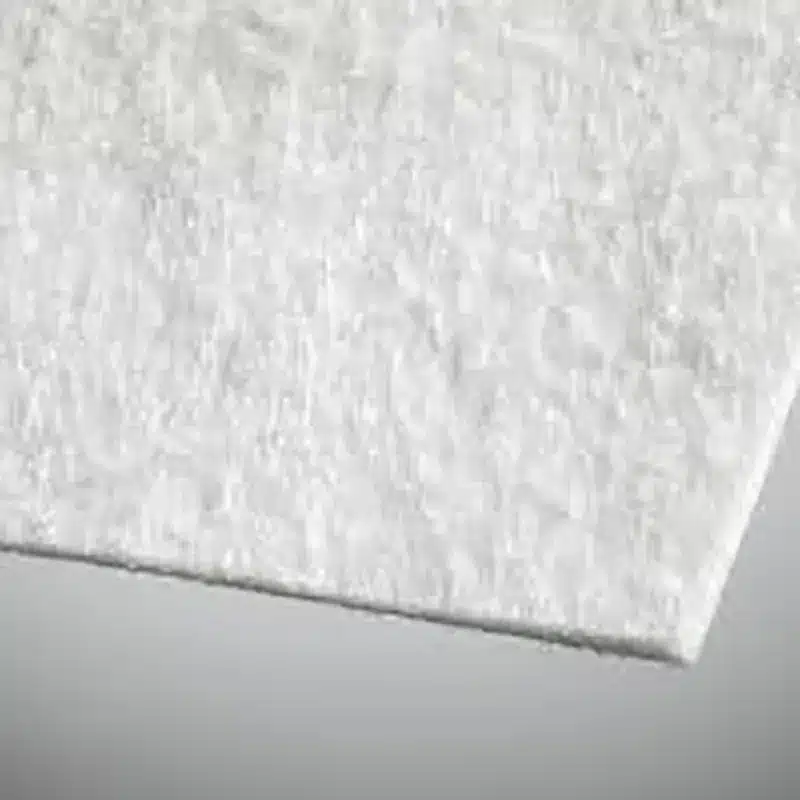
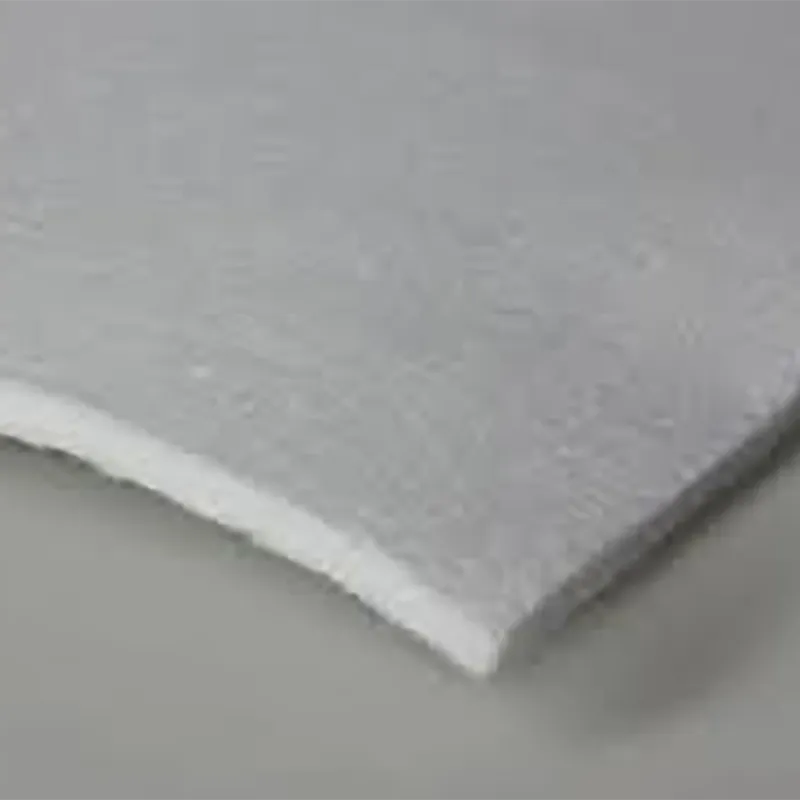
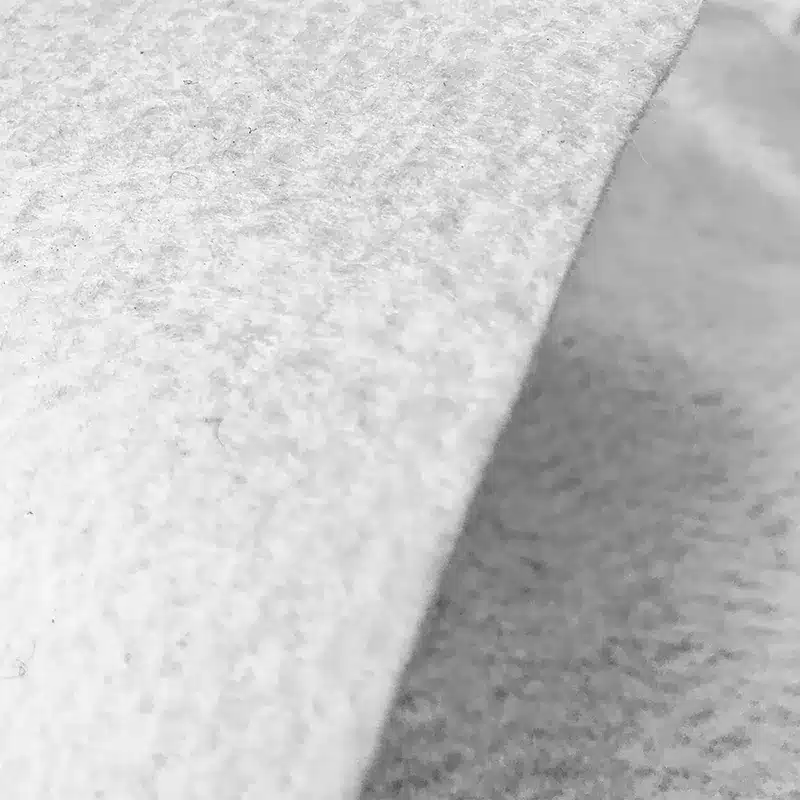
Get Free Sample
We’ll respond as soon as possible(within 12 hours)

